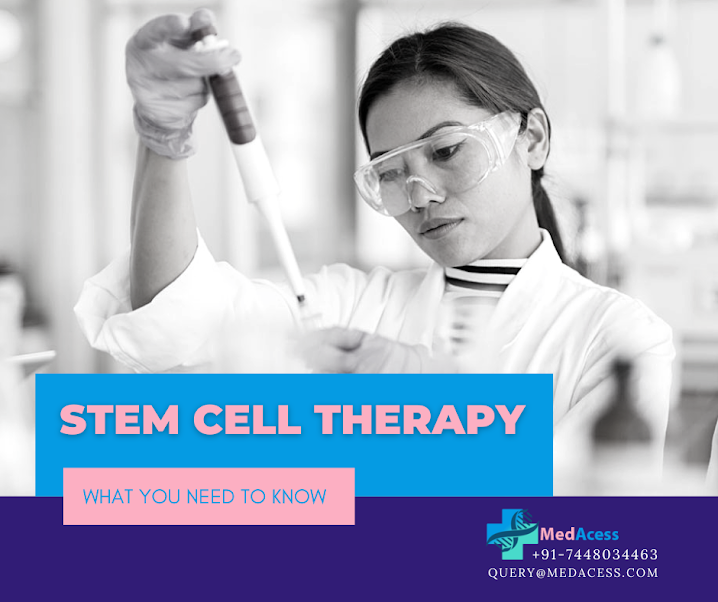Introduction:
Stem cell therapy is a type of medical treatment that involves the use of stem cells to repair damaged tissues or organs. Stem cells are unique cells in the human body that have the ability to develop into different types of cells, such as muscle cells, blood cells, or nerve cells. This makes stem cells a valuable tool in medical treatments as they can be used to replace damaged or diseased cells, leading to improved health and wellness.
What are stem cells?
Stem cells are special cells in the human body that have the ability to develop into any type of cell. They are undifferentiated cells, which means that they have not yet developed into a specific type of cell. There are two main types of stem cells: embryonic stem cells and adult stem cells. Embryonic stem cells are derived from embryos and have the ability to develop into any type of cell in the human body.
However, the use of embryonic stem cells in medical treatments is controversial, as it involves the destruction of human embryos. Adult stem cells, on the other hand, are found in adult tissues and organs and have a more limited ability to differentiate into other types of cells. However, they are still a valuable tool in medical treatments and are commonly used in stem cell therapies.
What conditions can stem cell therapy treat?
Stem cell therapy has shown promise in treating a wide range of health conditions, including:
- Heart disease
- Parkinson's disease
- Type 1 diabetes
- Spinal cord injuries
- Joint injuries
- Muscular dystrophy
- Liver disease
How is stem cell therapy performed?
Stem cell therapy typically involves the extraction of stem cells from the patient's own body or from a donor. The stem cells are then purified and processed before being injected into the affected area. In some cases, the stem cells may be grown in a laboratory before being transplanted back into the patient. The exact method of stem cell therapy will depend on the specific health condition being treated, as well as the type of stem cells being used.
Conclusion:
Stem cell therapy has emerged as a promising treatment option for a variety of health conditions, offering hope for those who have struggled with traditional medical treatments. However, it is important to note that stem cell therapy is still in the early stages of development and more research is needed to fully understand its potential benefits and risks. If you are considering stem cell therapy, it is important to discuss all options with your doctor and carefully consider the potential benefits and risks before making a decision.

No comments:
Post a Comment